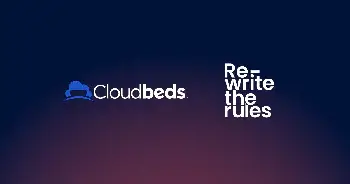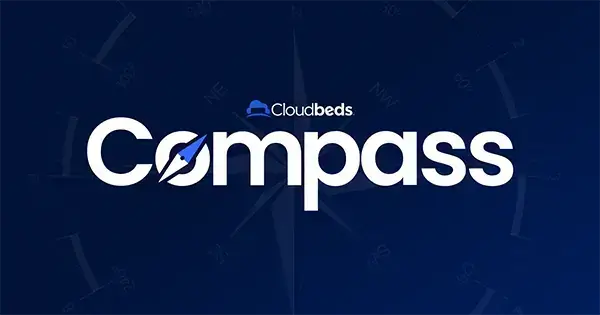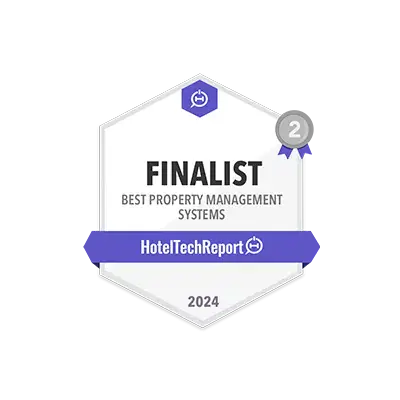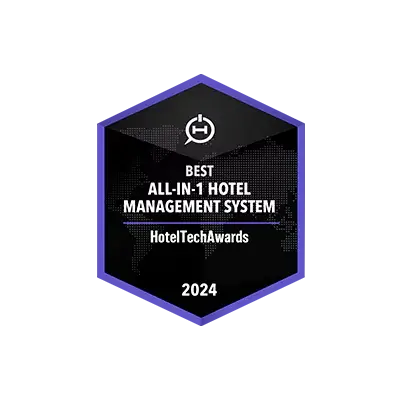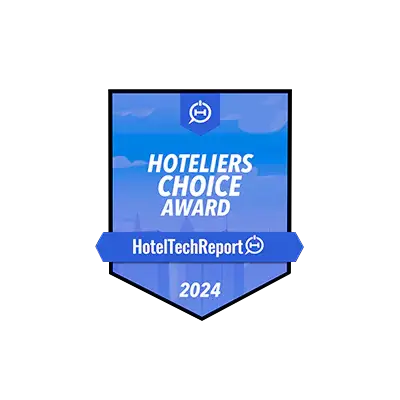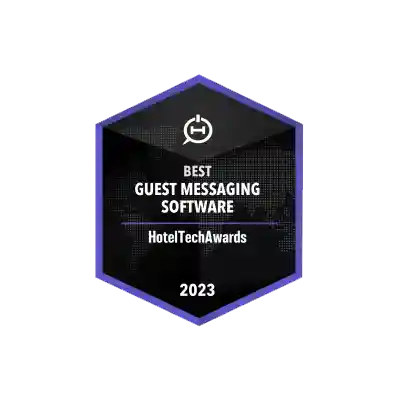Navigating government
compliance at your hotel
Compliance in hospitality is complex. Management must navigate an intricate web of regulations imposed by local, regional, and national governments to operate. These regulations not only keep businesses legally compliant but also play a crucial role in enhancing guest trust and safety.
Balancing day-to-day operations alongside these legal obligations can be a lot, particularly for groups operating across multiple countries. Understanding the intricacies of government compliance is essential for avoiding fines, protecting your hotel’s reputation, and ensuring efficiency.
When managed manually, it can be overwhelming, and errors in compliance can lead to severe consequences, such as data breaches, penalties, and serious business disruptions. The good news is that modern technology, including property management systems (PMS) and compliance management software, can automate many of these tasks.
By integrating e-invoicing tools, tax software, and guest reporting systems, hotels can streamline compliance processes, minimize human error, and focus more on providing exceptional service to their guests.
In this guide, we explore the importance of government compliance in the hospitality industry, common challenges hoteliers face, and how leveraging compliance technology can help automate and simplify compliance management across different regions.
Every country has complex government regulations. When you abide by these regulations, you achieve government compliance. Within the hospitality industry, government compliance is not only about complying with federal government mandates; it’s about ensuring hospitality businesses remain safe, secure, and operational in order to create a warm and welcoming guest experience. For lodging accommodations in particular, it’s important you remain knowledgeable on compliance-related matters that tie in with state laws. Factors for hotels include guest registration, pricing and taxes, and wage-related matters. What is government compliance for hotels?
Types of compliance in the hotel industry
Several common types of government mandates specific to the hospitality industry exist, including tourist and occupancy-related taxes, measures for securing guest data and statistical reporting, and financial-related ordinances for e-invoices.
E-invoicing
Short for electronic invoice, e-invoicing is the exchange of an electronic invoice document between a supplier and buyer. It implies an e-invoice has been issued, transmitted, and received and that it follows standardized formats or templates. This type of billing contains the supplier-buyer data in a structured format. Unlike standard templates of invoicing, such as PDF, Word or JPEG, it doesn’t include a visual representation.
Taxes
There are a number of taxes to be aware of related to government compliance for hospitality businesses.
- Tourist tax. An influx of tourists looking to satisfy their wanderlust by traveling abroad have been faced with tourist taxes from governments looking to combat rising visitor numbers and reinvest funds back into the tourism economy. This also applies to guest rooms within your hotel, wherein local or federal government charges travelers staying in your accommodation.
- Value-added tax (VAT). Commonly referred to as GST or sales tax in North America, value-added tax is a tax on the consumption of travel-related goods or services, including motels and lodging services. VAT rules vary from country to country but are often recoverable for guests like government employees if the hotel booking was completed as part of a business trip.
Fiscalization
The process of fiscalization involves electronically recording and validating financial transactions for tax purposes. Hoteliers track and report their transactions as part of their compliance with government regulations by implementing specialized systems and compliance management technology.
Guest data
In many countries, lodging businesses are required by the federal government to report their guest data. This often entails personal information like your guests’ contact details, demographics, preferences, and transaction history.
Local authorities
As part of guest reporting regulations, hotels in certain countries are required to report their checked-in guests to local authorities and police departments on a daily basis. Using a dedicated portal, front desk staff or management must submit their guest information, including their full name, passport number, nationality, check-in/check-out dates, and more.
Statistical reporting
Statistical reporting usually consists of two parts: your property’s operational details and your guest information. Many countries require local hoteliers to submit their statistical reporting on a regular basis, usually monthly, bi-monthly, or quarterly.
5 challenges of government regulations
Even if your lodging business succeeds in cleanliness, guest experience, and meeting your local government’s regulations to the best of your abilities, compliance management poses its own set of challenges to hoteliers.
Familiarize yourself ahead of time with the roadblocks of government compliance so you can effectively and efficiently tackle problems should they arise for your accommodation business.
1. Constantly changing regulations
Changing mandates and implementing processes to remain compliant amidst these changes can feel like you’re taking one step forward, two steps back. There are often multiple ordinances you need to balance at one time, all at risk of fines, legal concerns, and reputational damage. This is especially challenging for multi-property hotels and larger hospitality businesses spread across geographies and jurisdictions.
2. Difficulty expanding into new markets
When your properties are spread across numerous countries, it’s equally important you stay on top of understanding different country regulations and compliance rules. This is the case if you already have properties in various regions or you’re considering expanding into new markets.
3. Manual process prone to errors
While you trust your front desk staff to be accurate and professional, even the best employees are at risk for manual errors when entering sensitive guest data and reporting. When humans are responsible for entering and submitting information to local authorities for compliance measures, information is at risk of being forgotten or entered incorrectly by hotel teams.
4. Potential data breaches
With the increase in online guest information entry, the hospitality industry has also seen a rise in cybersecurity threats. The volume of personal and payment information lodging facilities process daily makes it a prime target for cybercriminals. Research from cybersecurity service provider Trustwave in its 2023 Hospitality Sector Threat Landscape report shows that 31 percent of hospitality businesses have experienced a data breach.
5. Time taken away from guest experiences
Being required to manually input loads of information detracts from delivering exceptional guest service. The last thing guests want to do on their holiday is wait for their passport details to be entered at the front desk. Automating as many processes as possible can help hotels invest more in their guest experience.
How compliance management technology can help
When properly integrated with e-invoicing tools and taxation software, your property management system is able to automate compliance processes for you. This includes pulling proper data using your API and sending it to the right location for regulation reporting processes.
Integration with compliance management software and your existing PMS helps hotels accomplish three primary tasks:
1. Navigate complex regulations
Compliance management software keeps you updated on changing regulations. For example, Cloudbeds’ government compliance coverage is rapidly expanding into new markets. As we grow, we continually add to our mandates list by country to help you gain a deeper understanding of each country’s compliance ordinances.
2. Prioritize data security
By implementing compliance tools, you gain access to automation that helps streamline critical tasks like e-invoicing and guest data reporting. Eliminating manual data entry of property and guest data also reduces the potential for human errors and lets your staff get back to creating great guest experiences.
3. Centralize compliance management
This is especially crucial for hospitality businesses responsible for multiple properties across numerous jurisdictions. By centralizing guest data, unifying reporting features, and standardized procedures, it streamlines processes, ensures a single source of truth for your data and statistical reporting, and keeps your day-to-day operations running smoothly.
Streamline hotel compliance with Cloudbeds
At first glance, government compliance might seem like an overwhelming task. Operating properties in various countries means dealing with local rules pertaining to guest registration, cancellation policies, and other needs.
That’s why Cloudbeds offers deep integrations with leading partners dedicated to streamlining compliance for hotel owners, automating critical tasks like e-invoicing, guest reporting, and more.
We’ve also committed to providing hoteliers with the most up-to-date compliance information. On the left, you can find regulations per country and our available integration partners.

